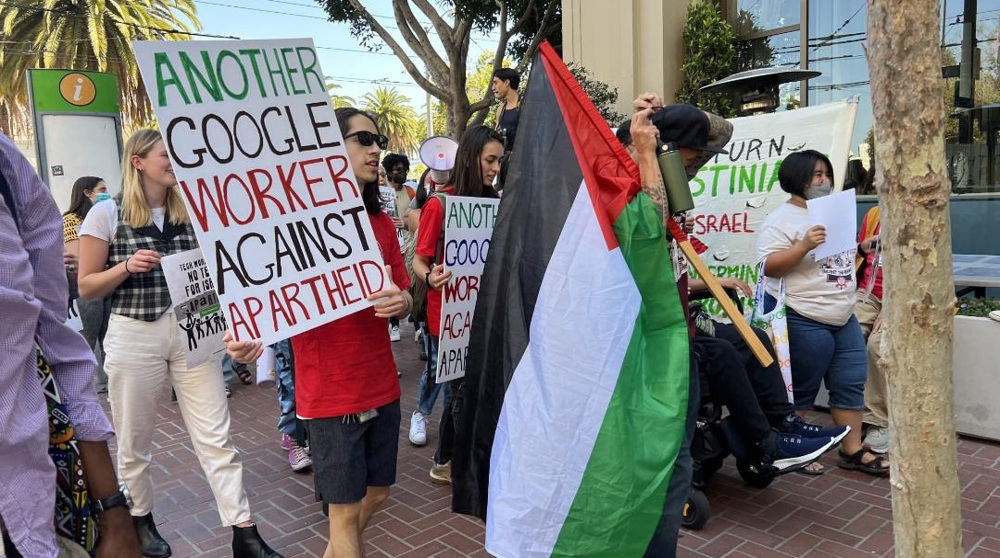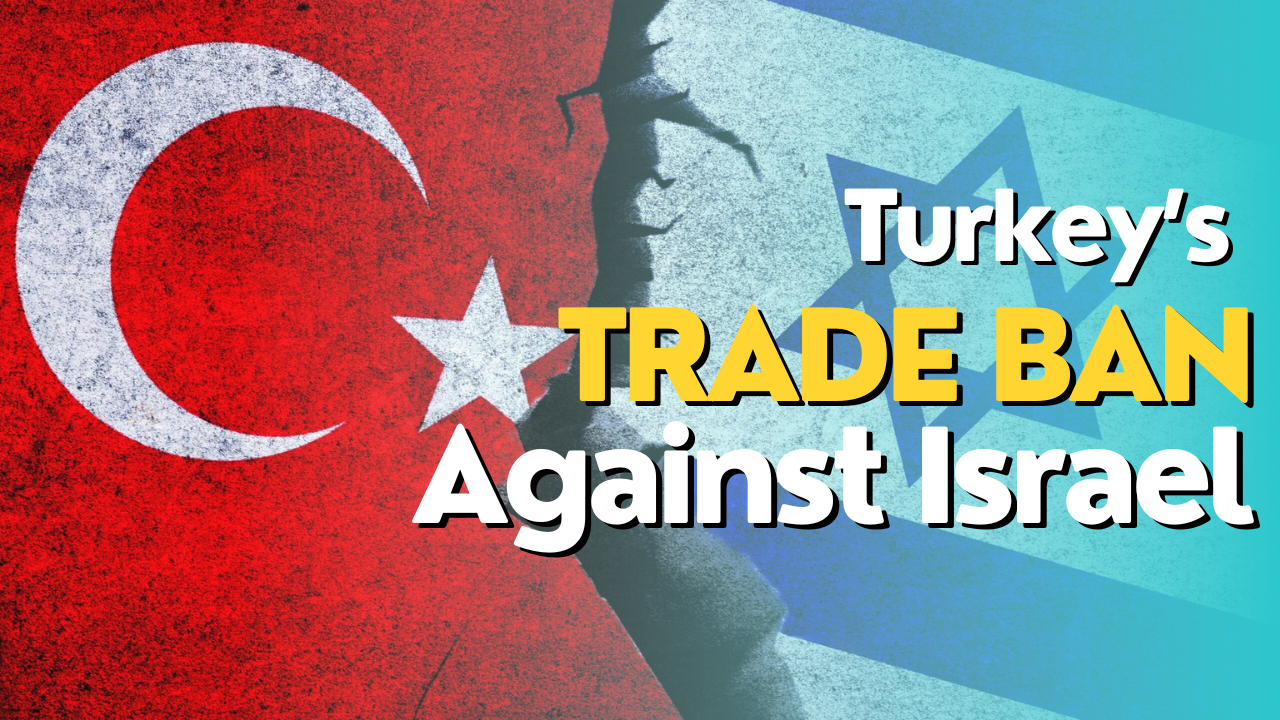World plagued by modern slavery
If you are among those who think slavery ended decades ago, well you are a million miles away from reality. The heinous phenomenon does exist, but in a modern way. A research conducted by the International Labor Organization, Human Rights group the Walk Free Foundation, in partnership with the International Organization for Migration has revealed the true scale of modern slavery throughout the globe.
More than 40 million people, a majority of them women and girls, were victims of modern slavery in 2016. Among the 40 million victims of modern slavery, some 25 million were in forced labor, and 15 million were in forced marriage.
The research also revealed that more than a hundred and fifty million kids, aged between five and seventeen, were subject to child labor in the same year. That’s almost one in ten children around the world and the figure represents a 28 percent increase in 2016 over previous estimates. Shocking, isn’t it? As we constantly try to thrive in a fast-changing world, the future looks bleak for millions of women and children who are deprived of their basic rights. In reaction to the study findings, the head of the International Labor Organization has called for stepped up efforts to fight the scourges. Guy Ryder said these new global estimates could help shape and develop interventions to prevent both forced labor and child labor.
Nearly 71 percent of the 150 million children, who are victims of forced labor, are used in the agriculture sector while the rest are used in high slavery risk sectors such as fisheries, manufacturing, construction and mining. That’s indicative of the ineffectiveness of labor regulations worldwide. But who’s to blame? The founder of the Walk Free Foundation says: “We all have a role to play in changing this reality – business, government, civil society, every one of us.”
Many industries and businesses that have slavery in their supply chain are making huge profits. The Guardian has in an article touched on the issue of forced labor in Thailand’s seafood sector, underlining the need for boycotting the products of notorious companies. In 2015, the European Union threatened Thailand with a trade ban on seafood imports if it did not tackle illegal fishing and labor abuses. An EU-wide ban could cost the country one billion dollars annually in lost trade. Companies and retailers linked to slavery via their supply chains, including Tesco, Aldi and Iceland, have also been under pressure to put a ban on the country’s exports. But is boycotting the ultimate solution to tackle forced labor?
VIDEO | Yemenis continue supporting Palestinians
VIDEO | Syrian, Palestinian youth stage rally in Damascus in solidarity with Gaza
NATO states ‘considering’ sending troops to Ukraine: Report
VIDEO | NATO alliance threatens world peace
Hamas rejects US floating pier for Gaza aid as publicity stunt
Israeli military confirms death of another soldier in northern Gaza
VIDEO | Genocide in Gaza
Canada sanctions Israeli settlers as attacks on Palestinians soar in West Bank









 This makes it easy to access the Press TV website
This makes it easy to access the Press TV website